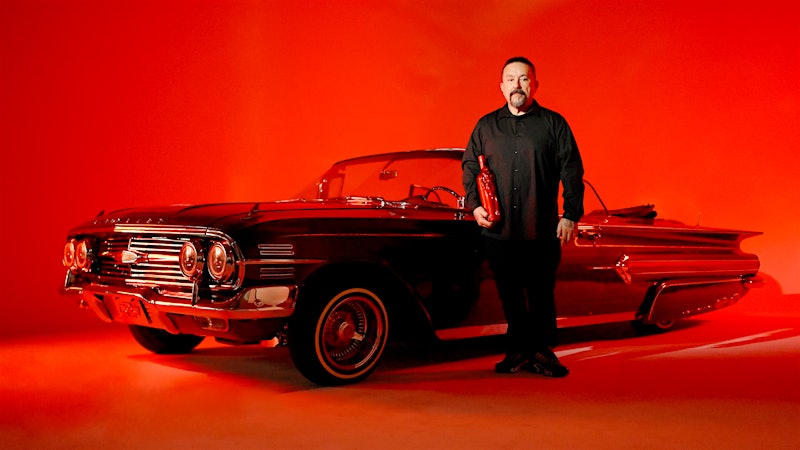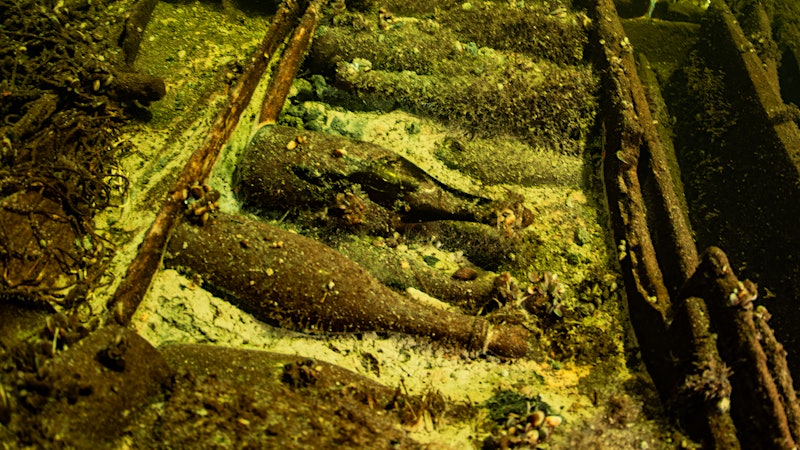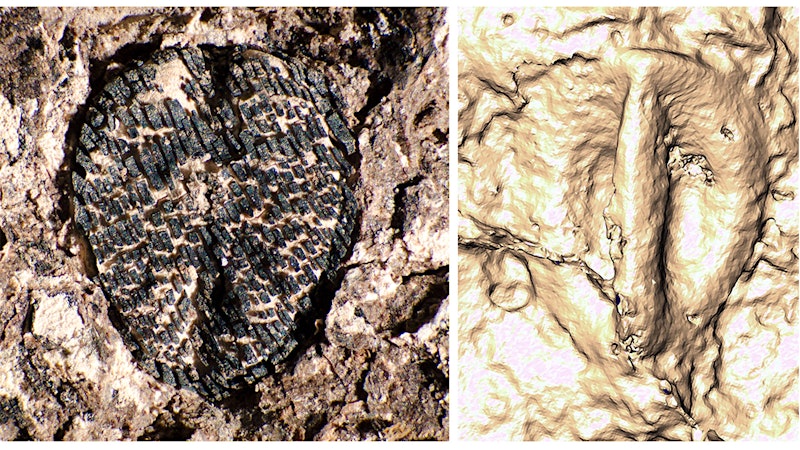Fashion house Stella McCartney and Veuve Clicquot, both owned by French luxury group LVMH, have teamed up to create the first vegan leather made from Champagne grape waste.
"I am so thrilled to be part of this first-of-its-kind partnership between a fashion house and a Champagne maison, connected by our shared passions for sustainability, craftsmanship and innovation," said Stella McCartney, creative director of her eponymous fashion house, which LVMH owns a stake in. “Using waste to circularly create a luxurious alternative to animal leather can be easily scaled and change the industry. You truly cannot tell the difference; this is a better way."
The collaboration began in November of 2023, starting with the creations released this spring, including McCartney's Frayme Veuve Clicquot bucket bags, Elyse Veuve Clicquot platform sandals and a bottle holder styled to fit a Veuve Clicquot bottle.

This marks an expansion of McCartney's work to find vegan alternatives to leather. An advocate for sustainable and cruelty-free fashion, she already works with VEGEA, an Italian biomaterials company that produces its namesake vegan leather with the agricultural waste of Italian wineries. However, this is the first time she's worked with a Champagne house.
"This collaboration with Stella McCartney embodies our commitment to a more responsible future," said Jean-Marc Gallot, CEO of Veuve Clicquot, which has collaborated with other designers on labels. "From the vineyards to our product innovations, our driving force is articulated around shared, open and collective progress."
How Can Wine Grapes Become Vegan Leather?
Many members of the wine trade are looking for ways to reduce its footprint; the idea behind vegan leather is to create a circular cycle of use and reuse. The hand-picked grapes are part of the typical Veuve Clicquot harvest. The winery takes removed stems from the Pinot Noir waste at Veuve Clicquot's vineyard in Bouzy and transforms them into powder, which is integrated into fabric to create the vegan leather. The result is designed to look, feel and last like real leather with a high-end finish.
"Inventing a new circular material that reuses the resources of our vineyards grown by regenerative agriculture [is] a key project that demonstrates our spirit of climate entrepreneurship," said Gallot.
Veuve Clicquot’s team has been researching next-generation materials for the past decade. In 2010, they introduced packaging made from vegetal waste, and today their gift boxes are made from hemp, a soil-regenerative and CO2-fixing plant. The Champagne operation has also invested in regenerative farming practices such as preserving biodiversity, improving soil health and sequestering carbon.
Enjoy Unfiltered? The best of Unfiltered's round-up of drinks in pop culture can now be delivered straight to your inbox every other week! Sign up now to receive the Unfiltered e-mail newsletter, featuring the latest scoop on how wine intersects with film, TV, music, sports, politics and more.












